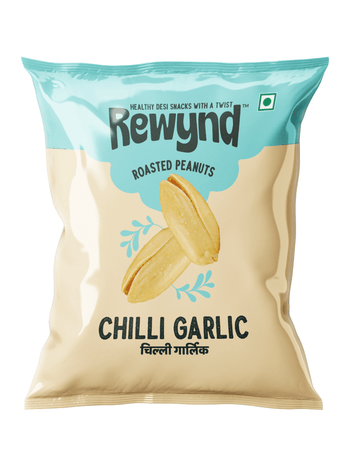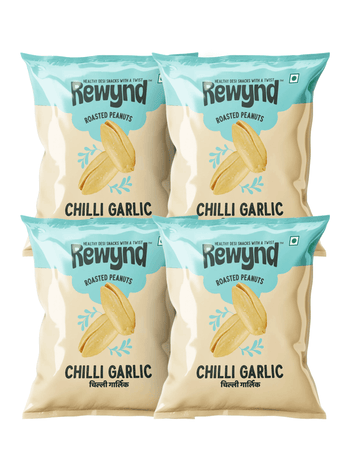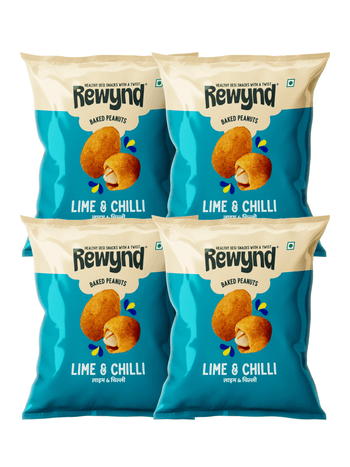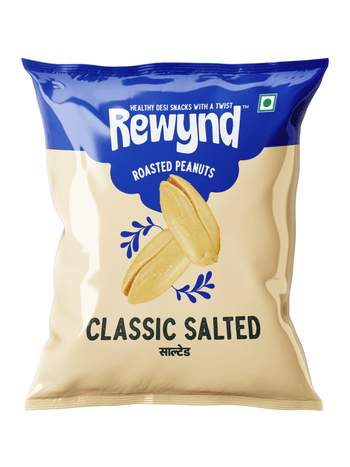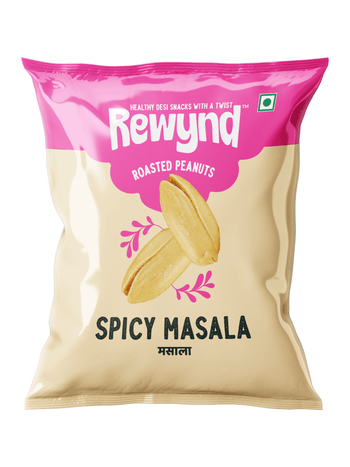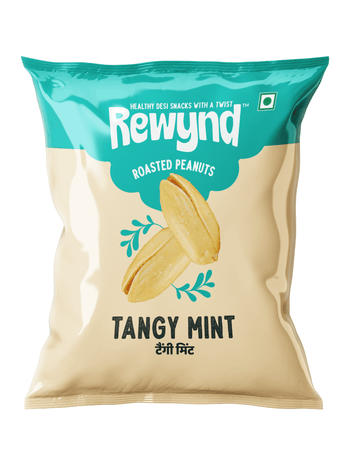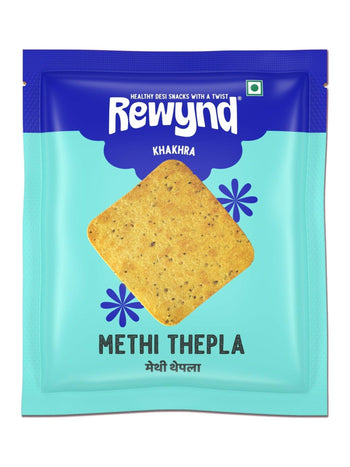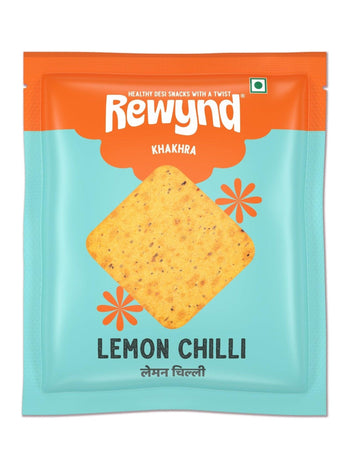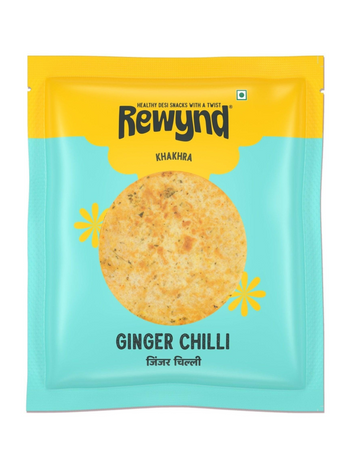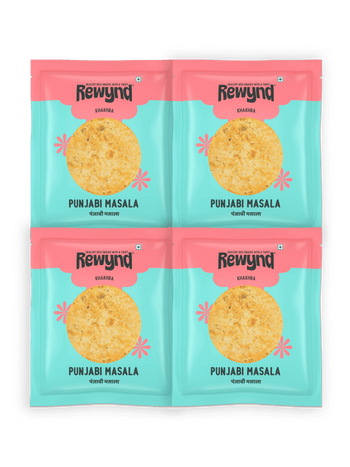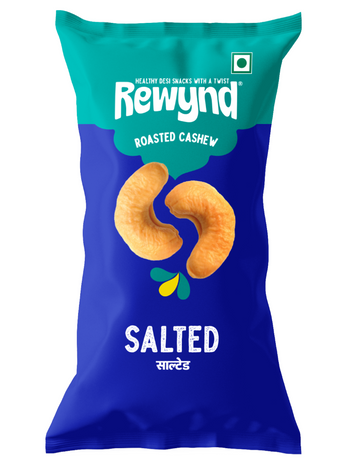Have you ever noticed how stress makes you feel like a tightrope walker on a shaky rope? It's like every little wobble throws you off balance. But imagine if you could keep your footing even when life shakes things up. What if the secret to maintaining your balance wasn't just in your head but also on your plate? That's right, your next meal could be your new stress relief strategy!
Dive into the delicious and soothing world of stress-busting foods that nourish your body and calm your mind. Let's embark on a culinary journey that could turn your kitchen into a stress-free sanctuary!
Understanding the Link Between Diet and Stress
The foods you eat can play a crucial role in handling stress. When stressed, your body releases cortisol, a hormone that, while useful in short bursts, can be damaging if constantly elevated.
Certain nutrients can help stabilize your mood and improve your body's resilience to stress. Magnesium, for example, helps manage cortisol levels, omega-3 fatty acids reduce inflammation, and antioxidants help counteract the oxidative stress that accompanies tense moments.
The 10 Best Foods to Help Fight Stress
1. Spinach:This versatile green is a powerhouse of magnesium, which helps manage cortisol levels and promotes the relaxation of the muscles and nervous system.
2. Salmon:
As one of the best sources of omega-3 fatty acids, salmon enhances brain health and lowers inflammation, helping to keep stress hormones like adrenaline and cortisol in check.
3. Blueberries:
Tiny but packed with a punch, blueberries are brimming with antioxidants and vitamin C, which help repair and protect cells during stressful times.
4. Almonds:
These nuts are rich in vitamins B2 and E, which help boost the immune system weakened by stress and provide antioxidant support that counters oxidative stress.
5. Yogurt:
The probiotics in yogurt can influence brain behaviour linked to emotion and stress, helping calm your nervous system and reduce anxiety levels.
6. Avocado:
Full of stress-relieving B vitamins and heart-healthy fats, avocados support brain health and maintain lower levels of stress hormones in the body.
7. Oatmeal:
A warm bowl of oatmeal boosts serotonin production, a hormone that increases feelings of well-being and happiness and helps reduce stress.
8. Turkey Breast:
Known for its tryptophan content, turkey helps produce serotonin and melatonin, which play a key role in regulating sleep and mood.
9. Dark Chocolate:
A bit of dark chocolate can satisfy your sweet tooth and lower cortisol levels thanks to its high content of polyphenols and flavonoids.
10. Garlic:
Rich in antioxidants, garlic boosts the immune system's function and fights stress-induced changes in your body, keeping you more resilient.
Foods Which Don't Help Before Bed
In the quest for stress relief, it's also vital to note the foods that might sabotage your sleep and inadvertently increase your stress levels:
-
Heavy Meals:
Eating big right before bed can lead to discomfort and disrupt your sleep.
-
Spicy Foods
It can cause heartburn and indigestion, especially if consumed close to bedtime.
-
High-Sugar Snacks:
These might give you a quick energy boost but can lead to a crash that disrupts your sleep cycle.
By incorporating these stress-reducing foods into your daily diet, you not only enhance your body's ability to cope with stress but also contribute to your overall health and wellness. Remember, managing stress starts with what you put on your plate. So, next time you feel overwhelmed, reach for a snack to soothe your soul and mind. Let food be your ally in the battle against stress!
FAQs:
Certain foods contain nutrients that support the production of neurotransmitters like serotonin and dopamine, which play a role in mood regulation and stress management.
While diet plays a significant role in overall well-being, managing stress typically requires a combination of strategies, including exercise, adequate sleep, stress management techniques, and social support.
Yes, certain nutrients like omega-3 fatty acids, antioxidants, magnesium, and B vitamins have been linked to stress reduction and improved mood.
You can incorporate stress-fighting nutrients by consuming a varied and balanced diet rich in fruits, vegetables, whole grains, lean proteins, and healthy fats.
Some foods or supplements may interact with certain medications, affecting their effectiveness or causing adverse effects. It's essential to consult with a healthcare professional before making significant dietary changes, especially if you're taking medication.



